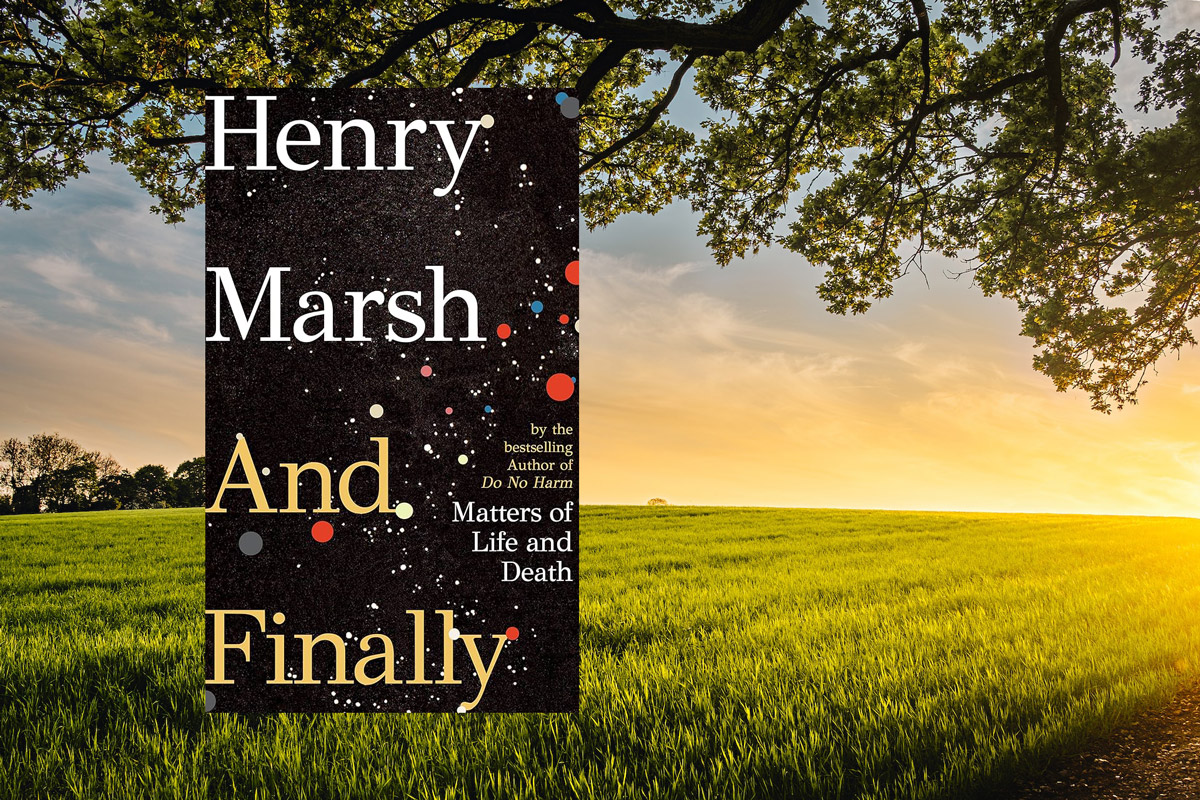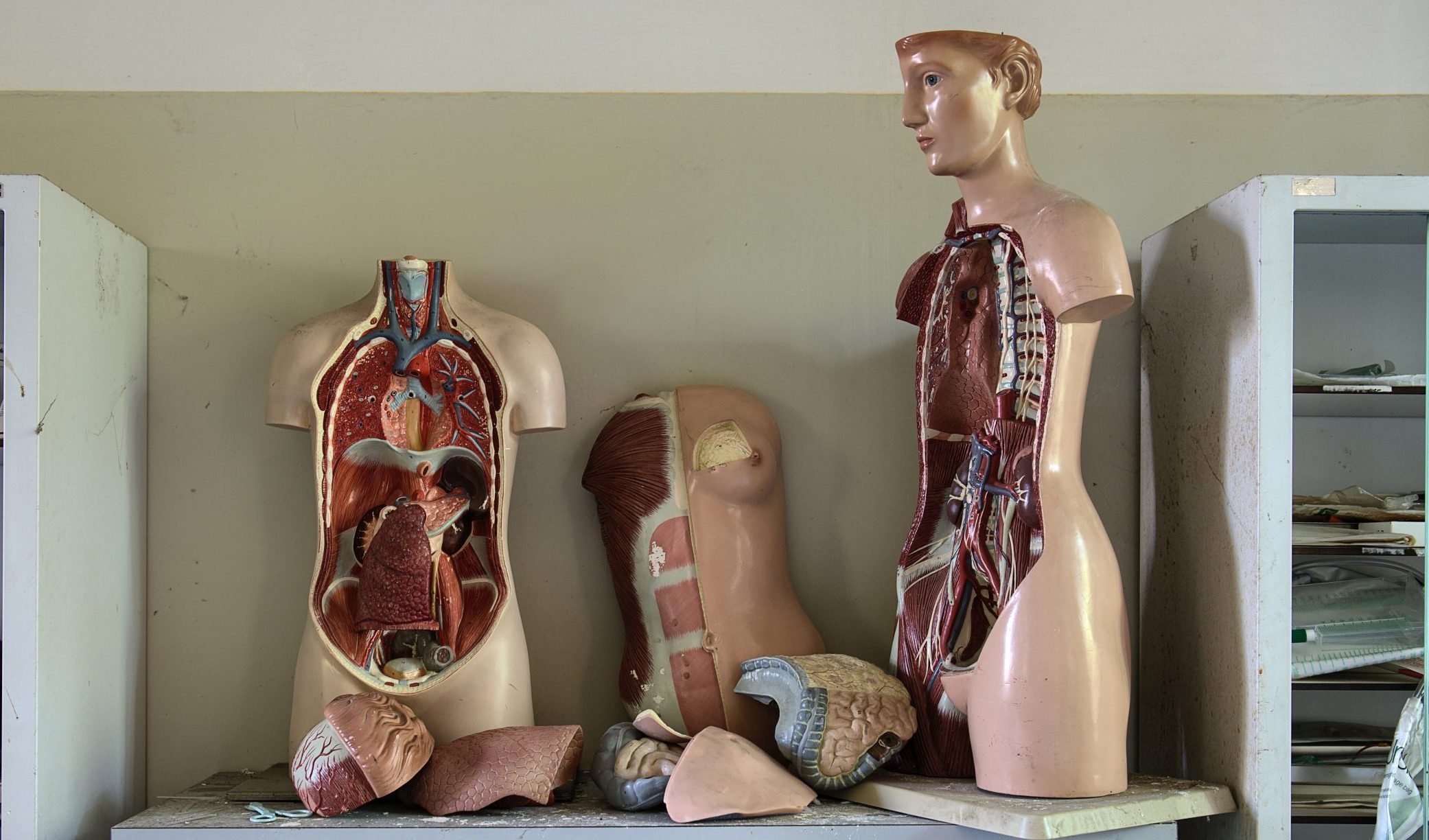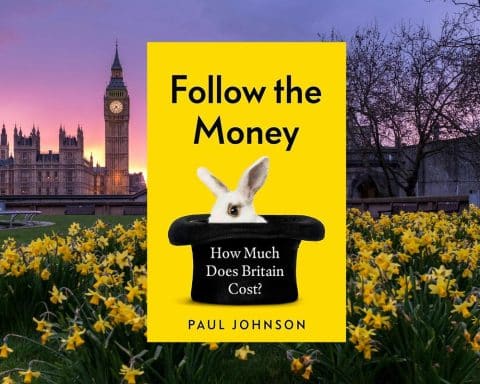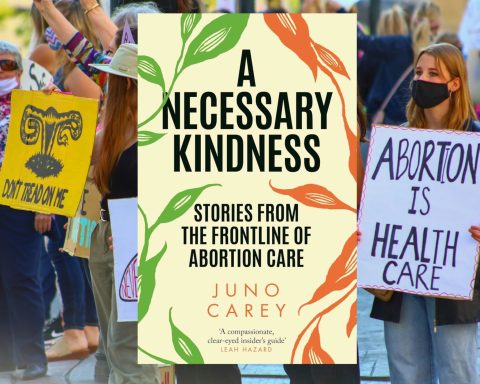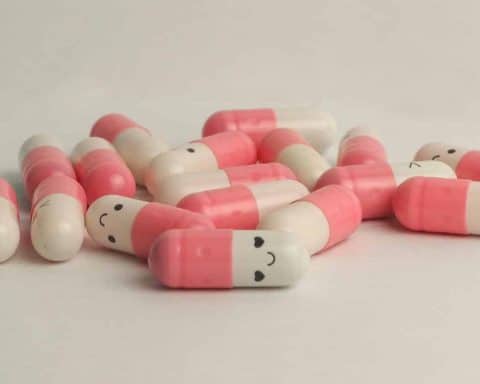
What can a working life operating on the nervous systems of other humans tell us about our more universal predicaments and experiences? This review of an unusual book explores …
And Finally is a masterpiece of seemingly free-associated reminiscence and reflection: the author’s explorations are centred on his own life and coming death but venture far beyond.
Henry Marsh is a retired veteran neurosurgeon, recently diagnosed with an aggressive form of prostate cancer. He perceives, with reluctant realism, the coming end of his own life and responds with this remarkable and very readable collage of a book.
Without any evident plan or structure Marsh manages to somehow conjure a coherent whole from many diverse parts and styles. He recalls fragments from his own personal and professional life and then artfully extrapolates these to his questions and understandings of our shared human predicaments and bewilderments. In this way apparently small personal episodes and interchanges become portals to much larger vistas.
Marsh’s predicament is certainly poignant, yet he writes of it with a compelling mixture: of candour regarding his intense and conflicting emotions, together with an emerging philosophy that seems to transcend these. The style of writing is both intimate yet coolly clear and objective; intensely emotional yet sometimes rigorously academic.
Apart from a few passages of theoretical discourse (for example, about the speculated neurobiology of consciousness) the book is like having a long conversation with a highly intelligent, personally unguarded and truthful stranger: his descriptions are lively, his insights sharp, his vanities humbly disclosed, his fears bravely shared …
His rapid transition from (apparently) powerful doctor to vulnerable and powerless patient is a leitmotif serving to explore much of humanity’s complexity in general, and our healthcare roles and systems in particular.
“He [Henry Marsh] now often finds the craft and the relationship of the consultation are missing … “
The disparate coherence of And Finally is certainly unusual: for example, the chapters divide his stream of thought, yet have no discernible themes. The resulting clarity-within-disorder is here better conveyed by sampling the writing than by further description and analysis. Hence the following numerous quotations:
‘Much of what goes on in hospitals — the regimentation, the uniforms, the notices everywhere — is about emphasising the gap between the staff and the patients, and helping the staff to overcome their natural empathy. It is not about helping patients. Hospitals always remind me of prisons. These are places where your clothes are taken away, you are given a number and you are put in a small, confined space. You must obey orders … ‘
Yet he also writes of halcyon days in his earlier work in a hospital, before the serial reforms from the 1990s:
‘It [the hospital] was built on a human scale. I knew all the staff — not just the other doctors, but also the nurses, the physios, the porters and cleaners. I think all of us at all levels, had a real sense of belonging and personal responsibility for what happened to our patients. The hospital was famously efficient … ‘
He elaborates with some explanation:
‘We are tribal animals — we are happiest in relatively small groups. When I walked into the old hospital — a bit dilapidated, it is true — I would know everybody I passed in the corridors. I felt at home. With the new building I recognised scarcely anybody. Everybody hurried past, trying to get to their own little oasis … ‘
Clearly, Marsh has greatly valued both relationships and human meaning to guide and motivate his work. He contends that surgery is a practical craft, and the relationship between master and apprentice can be deeply fulfilling. Furthermore, practical craft is a cherished pleasure and refuge in his life — many passages describing his deep and calming satisfactions when crafting many kinds of objects from wood.
His satisfactions from humans are often more elusive, particularly now he must become a patient. He now often finds the craft and the relationship of the consultation are missing:
“As he sees the limits to his own life, Marsh becomes disillusioned about humankind.”
‘Hope from a kind and reassuring doctor feels quite different from hope from a web page or printout. It is not necessarily that, childlike, you expect the doctor to cure you. Instead it is the reassurance that the doctor cares for you and will try his or her best, even though ultimately in a case like mine they will probably fail.’
The lack of such personal connection could not be compensated by the ‘kind and sympathetic’ specialist nurses who tended him because:
‘… they are not responsible for the decisions that have been made about your treatment. You are unable to discuss the decision-making in your case, only the details of its application and side effects. This has a very disempowering effect. But at least this disengagement from patients must make the oncologist’s life considerably less stressful.’
That disengagement can lead to lonely pathos. While isolated in an MRI scanner:
‘… I lay there on my own. I found it difficult not to attribute magical powers to the benign giant machine and hope that it would save me … ‘
Yet even when mired in his own fears and morbid premonitions he can often transcend these to see much larger pictures in humanity and society. He reflects that, apparently, more nappies are now sold for adults than babies as further proof of the profound demographic changes taking place in the modern world.
As he sees the limits to his own life, Marsh becomes disillusioned about humankind. He acknowledges his mind and life-course as pressured, searching, and being driven. He seeks expression and respite in his work, in growing and making things, and then in writing about all these. He admits to how all these things — their intransigence — have sometimes collaterally damaged his relationships. He says he has mellowed, but even so, after a recent late-night disagreement with his wife (about the fate of historically contended statues):
‘I went to bed feeling rather angry — Kate and I rarely argue. When we do she is almost always in the right. It can be very annoying.’
“If such vulnerable, bold, personal philosophy appeals, then this book is one for you.”
His self-deprecating irony must be a relief to all …
And Finally often returns to the theme of its title. Toward the book’s end, Marsh writes:
‘… sometimes [dying] is dragged out with intensive care and resuscitation, which all too easily can become a charade, a dance of denial. But only rarely is dying easy, and most of us now will end our lives in hospital (only a few of us die in hospices), in the care of strangers, with little dignity and no autonomy. Although scientific medicine has brought great and wonderful blessings, it has also brought a curse — dying, for many of us, has become a prolonged experience, even if severe pain is now only rarely a problem. Furthermore, modern diagnostic technology can predict our decline and death a long time in advance — just as it has done with me — while we are still well and independent.’
And in the meantime:
‘… surely we have a duty to live our lives so that we leave good memories behind us, and not just funerary monuments and landfill rubbish?’
None of this comes easily. He asks of us, of our institutions:
‘Why is it that it is only when we are dying in hospices, that gardens and flowers and trees are allowed to re-enter our life, just as we are leaving it?’
And of himself:
‘Why is it that only in old age, and closer to death, I have come to understand so much more about myself and my past?’
If such vulnerable, bold, personal philosophy appeals, then this book is one for you.
Featured book: Henry Marsh, And Finally. Matters of Life and Death, Jonathan Cape, 2022, HB, 240pp, £13.20, 978-1787331136.
Featured photo by Benjamin Davies on Unsplash.

